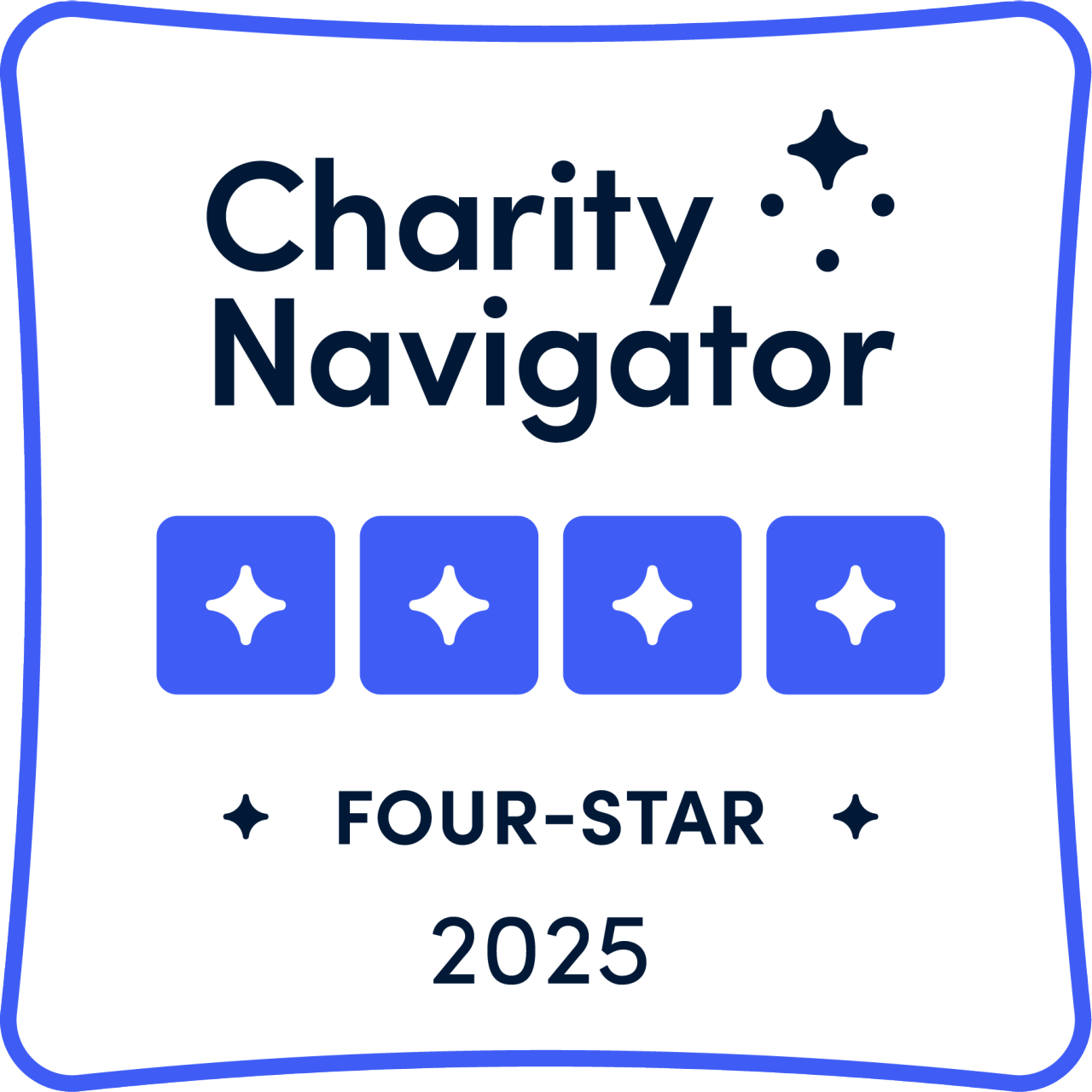Redesigned School Calendars Are Spurring Student Growth




The annual release of the Texas Education Agency’s school ratings provides an opportunity for families, school leaders, and lawmakers to reflect on which educational strategies are seeing results for students. As we continue to dive deeper into this data, one factor is emerging as a crucial difference-maker in the wake of the pandemic: redesigned school calendars that provide Texas elementary schoolers with additional time for personalized instruction and review.
Passed by the Texas Legislature in 2019, House Bill 3 (86 R) was a historic school finance reform that sought to reward districts for implementing research-backed best practices to improve student achievement with new funding streams, including one for an Additional Days School Year (referred to as “ADSY”) that can add up to 30 additional days to an elementary calendar.
Educators and lawmakers recognized this as an important tactic to curb what is often referred to as “summer slide,” the trend in which students – especially those experiencing economic instability – lose the academic gains they’d made during a school year over the course of a long summer break. With the coronavirus pandemic severely curtailing access to instruction for months throughout 2020, this strategy only became even more important to ensure students did not fall further behind.
Now that in-person classes have been restored as the norm and our teachers have worked harder than ever, we are starting to see modest gains in student achievement across the state. But these gains are noticeably higher on campuses that fully redesigned their school calendars to provide more instructional time, especially those who had expert support and guidance for doing so.
The ADSY Planning & Execution Program (or ADSY PEP) is a competitive grant program run by the Texas Education Agency in partnership with the Texas Impact Network that provides support for school systems interested in implementing ADSY, either through voluntary summer programming or a fully redesigned school calendar.
Seven elementary campuses across the state implemented a fully redesigned school calendar in the 2021-2022 school year with the support of ADSY PEP. These campuses saw an average growth in their accountability rating of over 15 points, five times the statewide average of three points, which every campus met or exceeded.

“When we have our ADSY day, that's the highest attendance rate. So that's proof in itself that the kids love it,” says Erik Torres, Principal of Ermel Elementary in Aldine, where the percentage of students meeting state standards doubled between 2021 and 2022. “I think this year has been proof that the additional days helped our students.”
Students aren’t the only ones who benefitted from this additional time. The redesigned calendar year also affords educators more time to plan and work collaboratively with one another. “Because our school is a part of the ADSY program, this allows us extra time to build relationships and make stronger connections with our students, which is one of the most rewarding parts of the job,” says Beverly Ijeh, a 3rd grade math teacher at Crowley ISD’s David L. Walker Elementary, which grew three entire letter grades – from a D to an A rating – from 2019 to 2022.
“As a former principal, I know firsthand that adding additional school days can be a daunting task,” says Sharon Alexander, the director of ADSY PEP. “But the data coming out of these campuses, both academically and in terms of improvements in overall campus culture, demonstrate that the initial effort is worth it.”
These seven campuses have paved the way for others across the state, with Aldine redesigning the calendar on two more campuses this fall. At present, six additional districts launched the ADSY Full Year Redesign model this school year and six more are currently engaged in the planning process with plans to launch in the 2023 -2024 school year. We remain hopeful this positive trend will continue – and thankful for a statewide accountability system that provides this actionable data.
Learn more about ADSY and ADSY PEP by visiting the Texas Impact Network and watching a short video on Aldine ISD’s experience redesigning the calendar on two campuses








.avif)